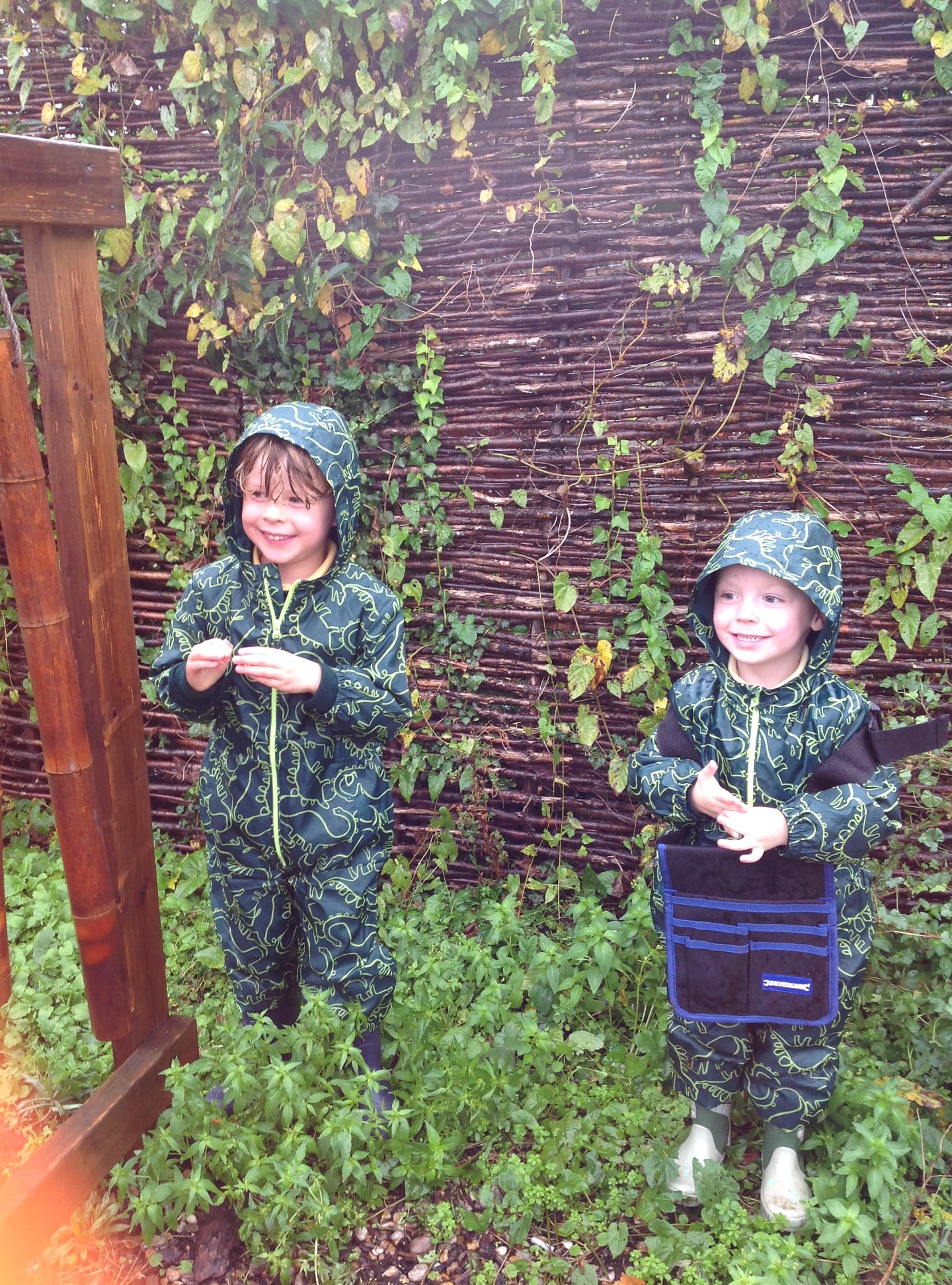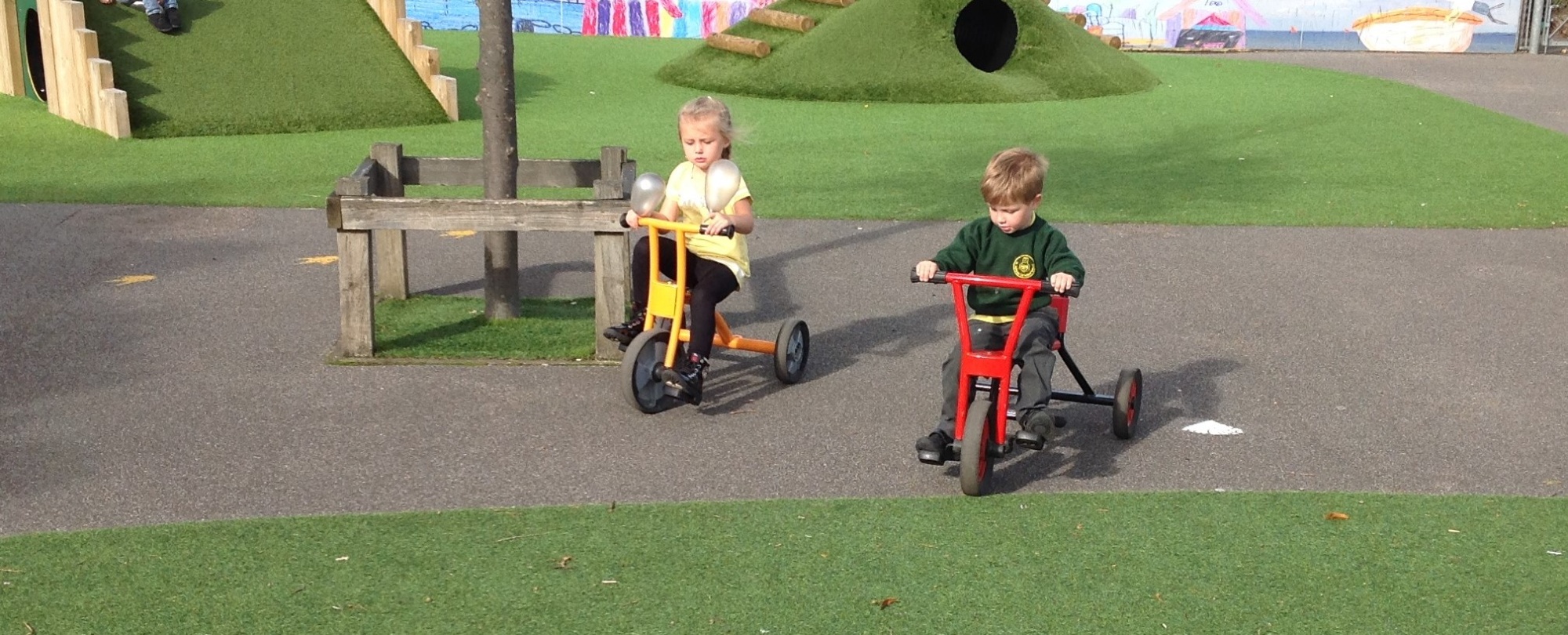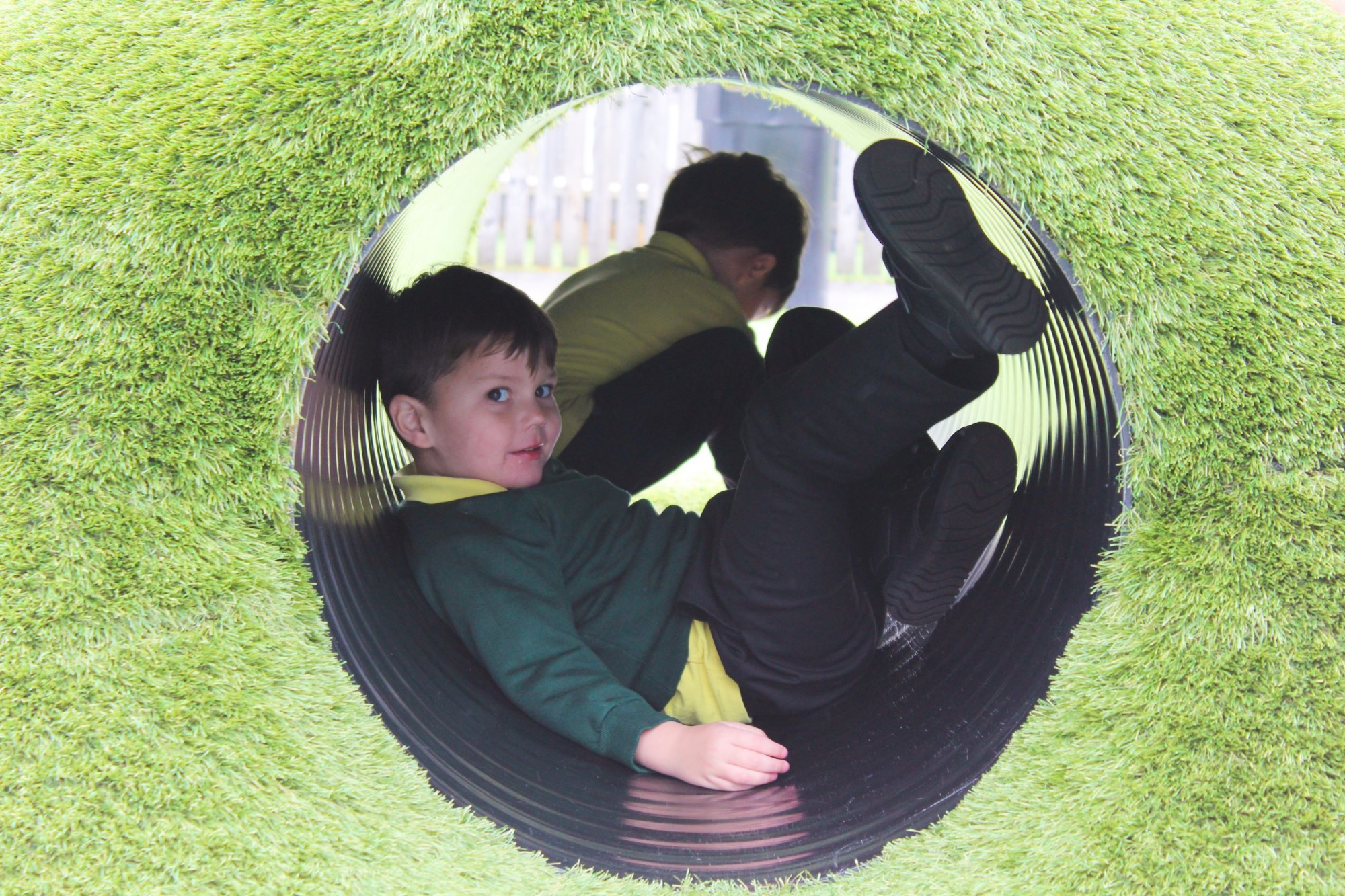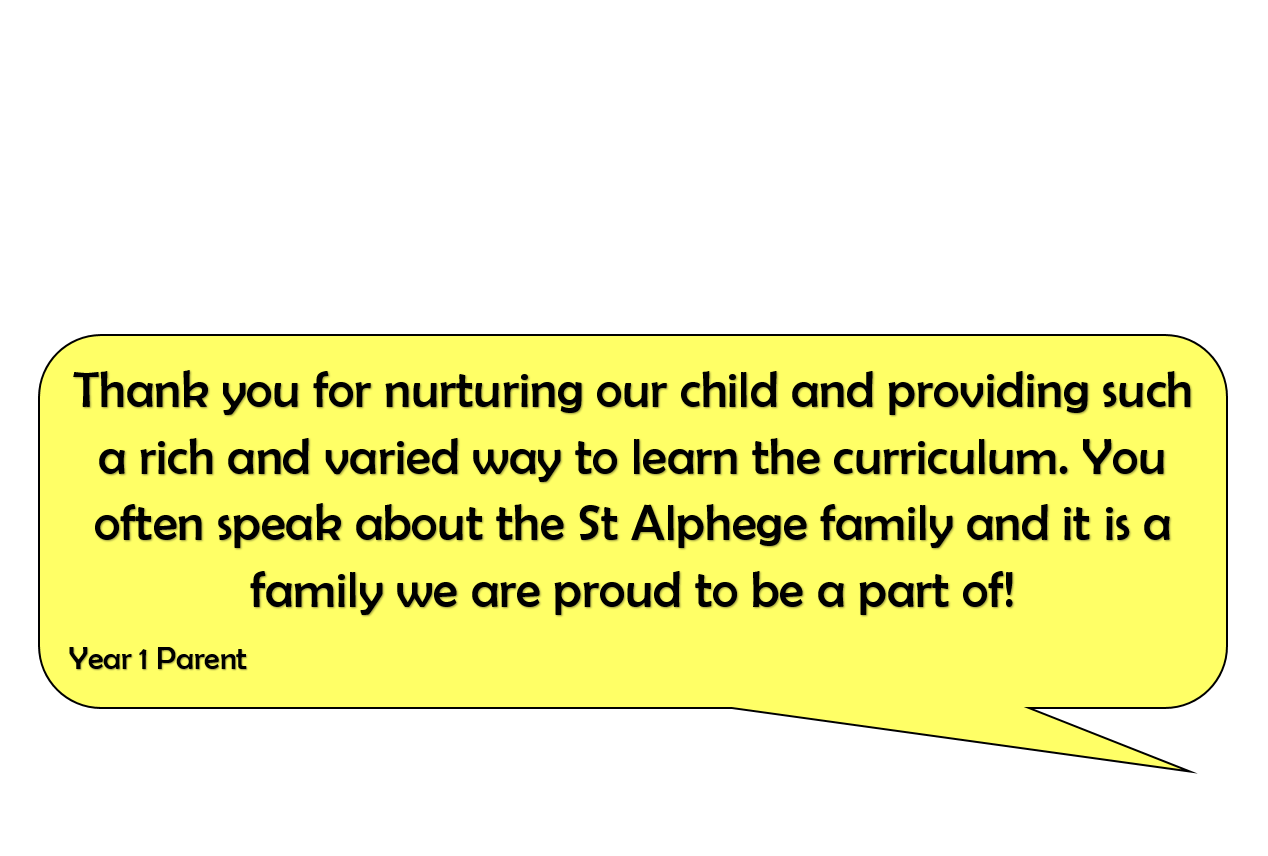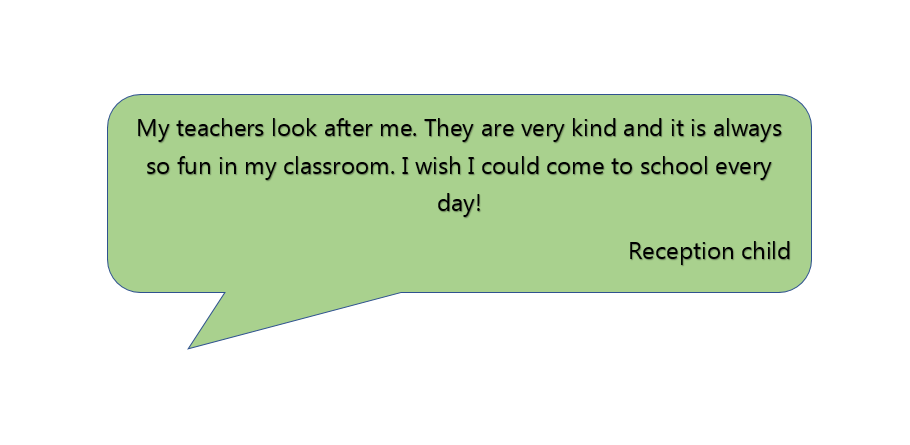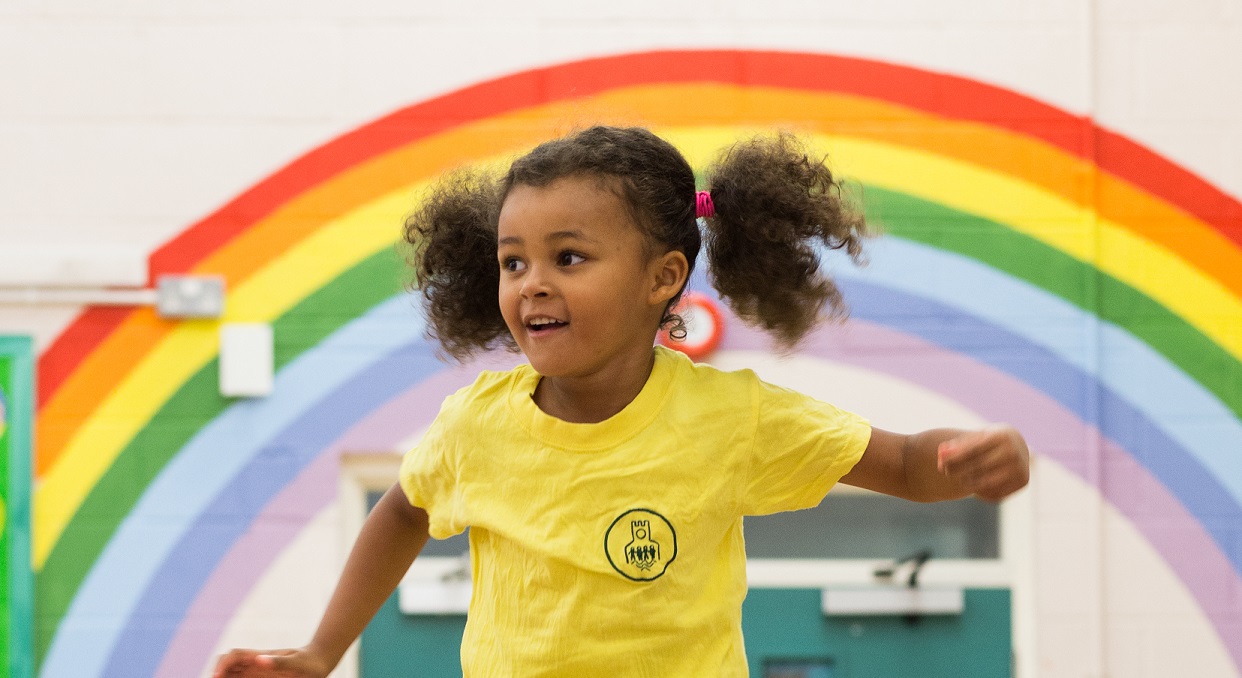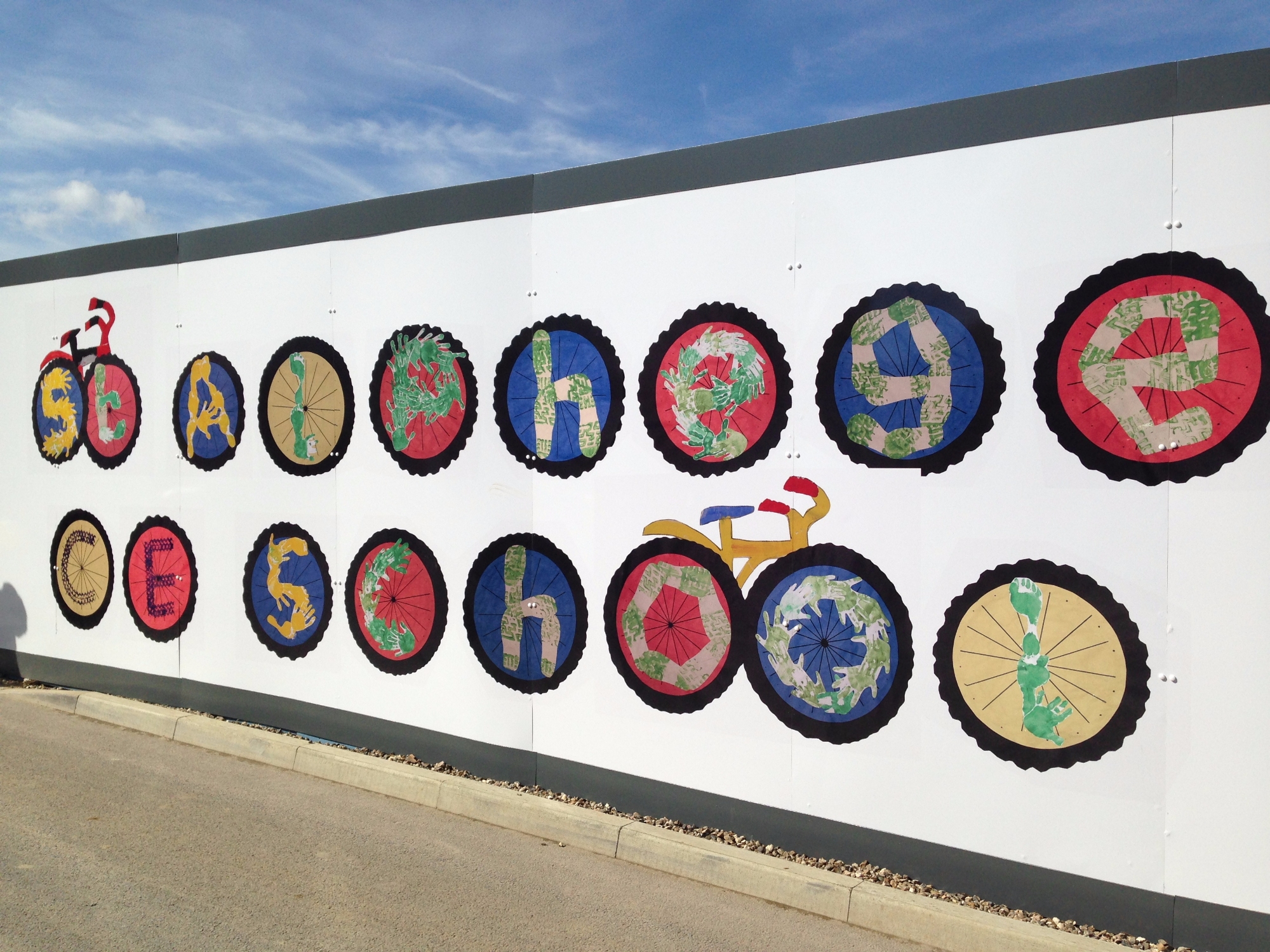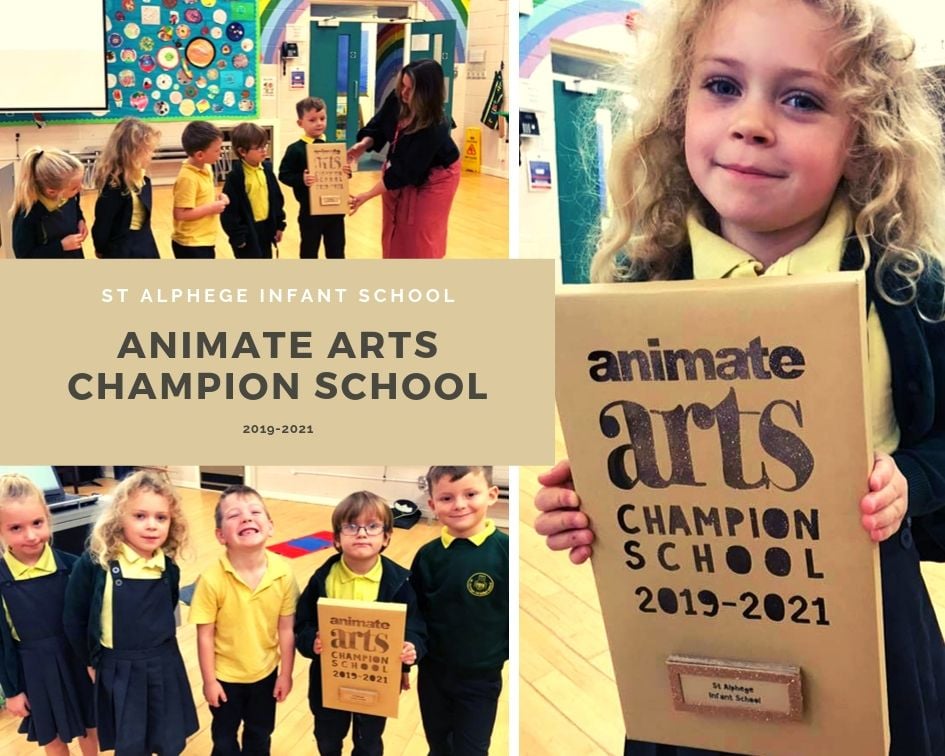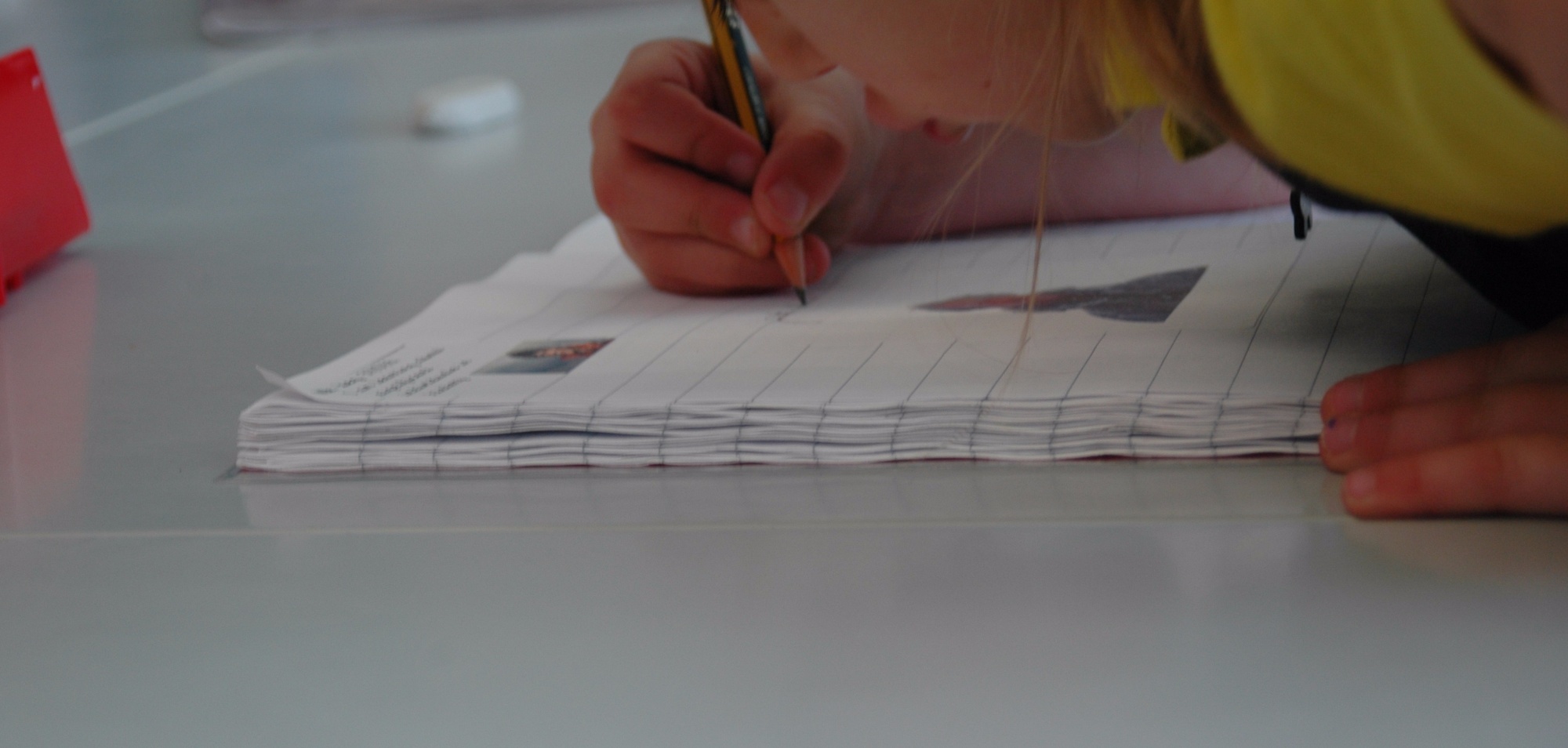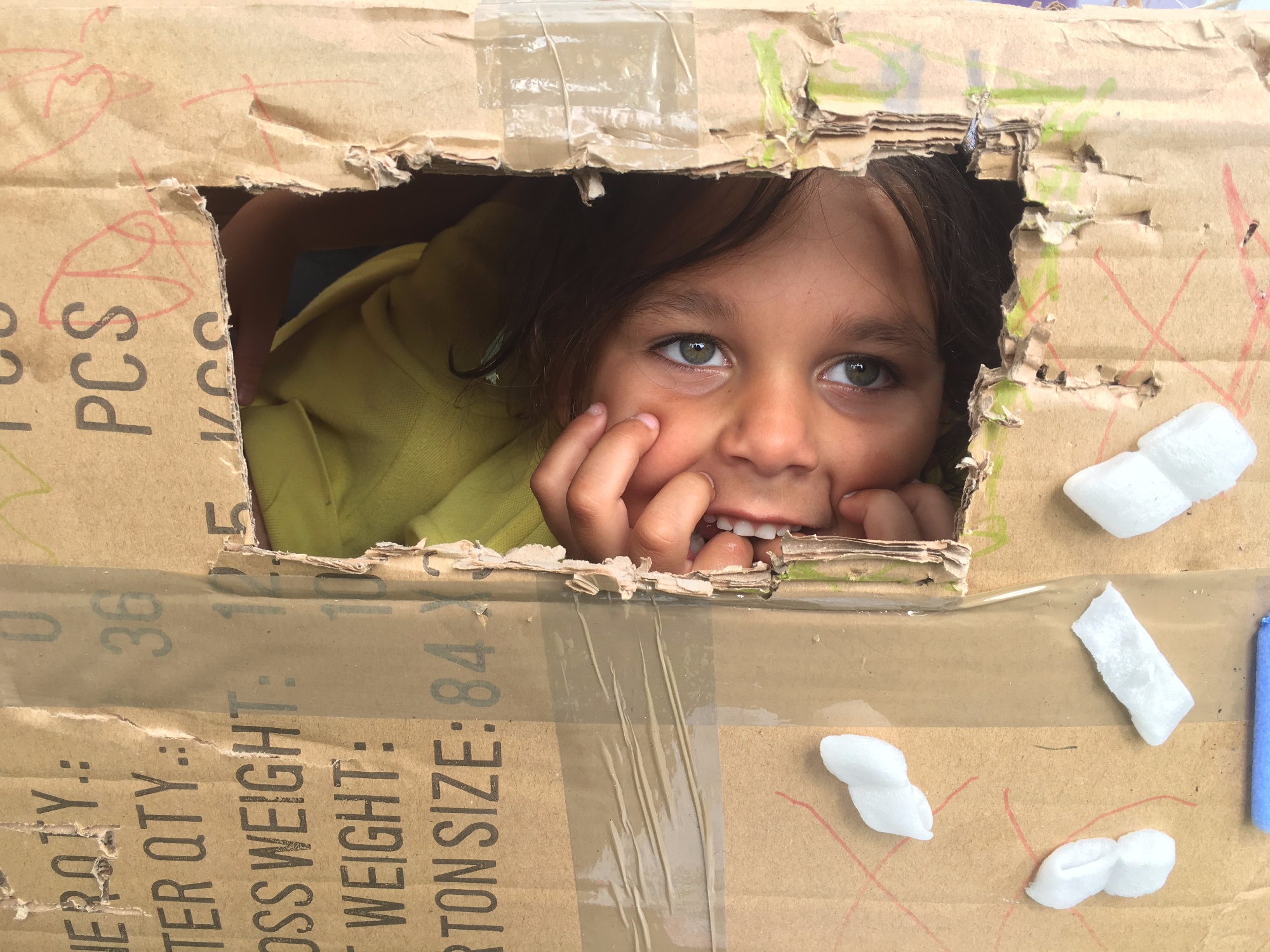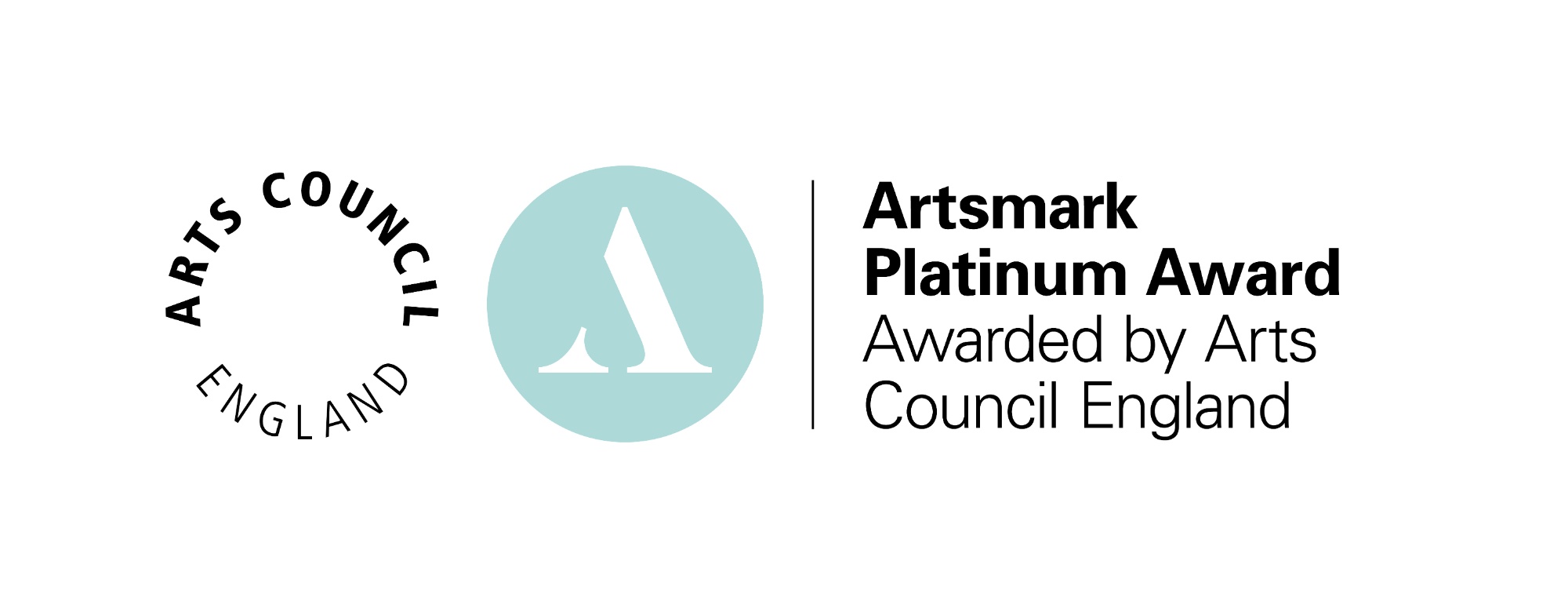I Can Talk
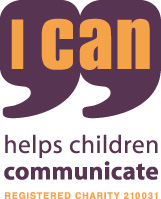
I CAN Early Talk Accreditation:
I CAN's Accreditation is available for early years settings providing support to children's development through the Early Years Foundation Stage (or equivalent). The accreditation package is available at three different levels. At each level, the service or setting completes a portfolio of evidence.
This is then followed by an accreditation visit by an I CAN Advisor or local I CAN Licensed Mentor. Successful accreditation lasts for three years with an annual review and will enable settings to use the I CAN logo and designation during this time.
The I CAN Early Talk Accreditation levels are:
Supporting Communication and Language
I CAN Early Talk Accreditation at Supportive level is an endorsement of a service or setting's ability to support the language skills of all children. It is appropriate for all early years providers who work with children from birth to five years. Accreditation recognises good practice in promoting good practice in promoting speech, language and communication development in children who are developing skills in line with expectations for their age. Accredited settings and services also show good practice in identification and referral of children with speech, language and communication needs (SLCN)
I CAN Early Talk Accreditation at Supportive level:
- Helps staff to create communication supportive environments.
- Develops staff skilled in speech, language and communication development in the 0-5 age range.
- Supports achievement of EYFS Communication and Language targets in England (or the requisite Early Years curriculum that applies for countries within the UK) with some Personal Social and Emotional Developmental targets.
Enhancing Communication and Language
I CAN Early Talk Accreditation at Enhanced level recognises good practice relating to working with children between the ages of birth and five years, who have speech and language delay and mild or moderate difficulties. These settings or services work with the support of a speech and language therapist(s) although they may not necessarily have a speech and language therapist as part of their on-site staff. In addition, these services and settings are able to support the communication skills of all children.
